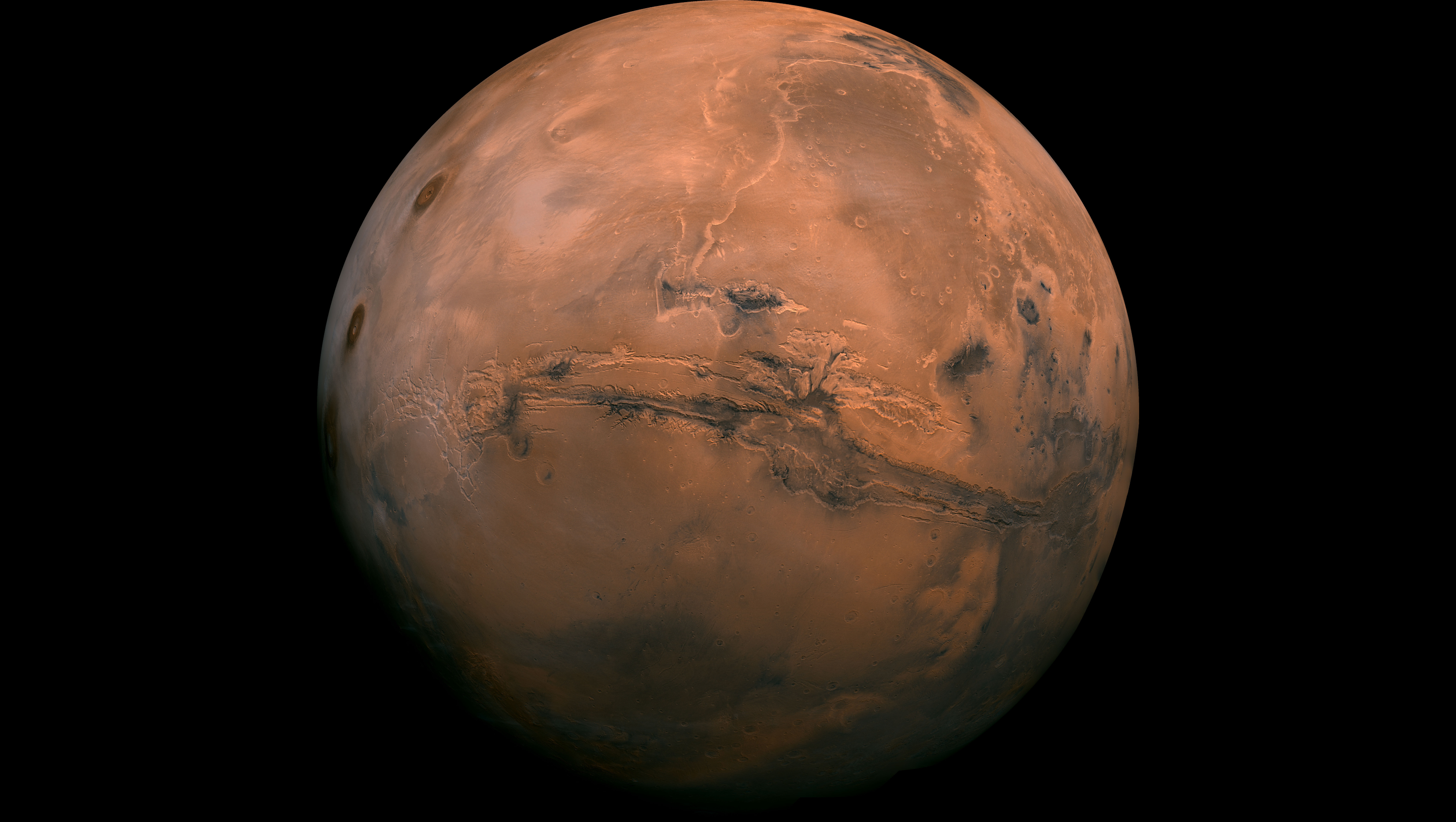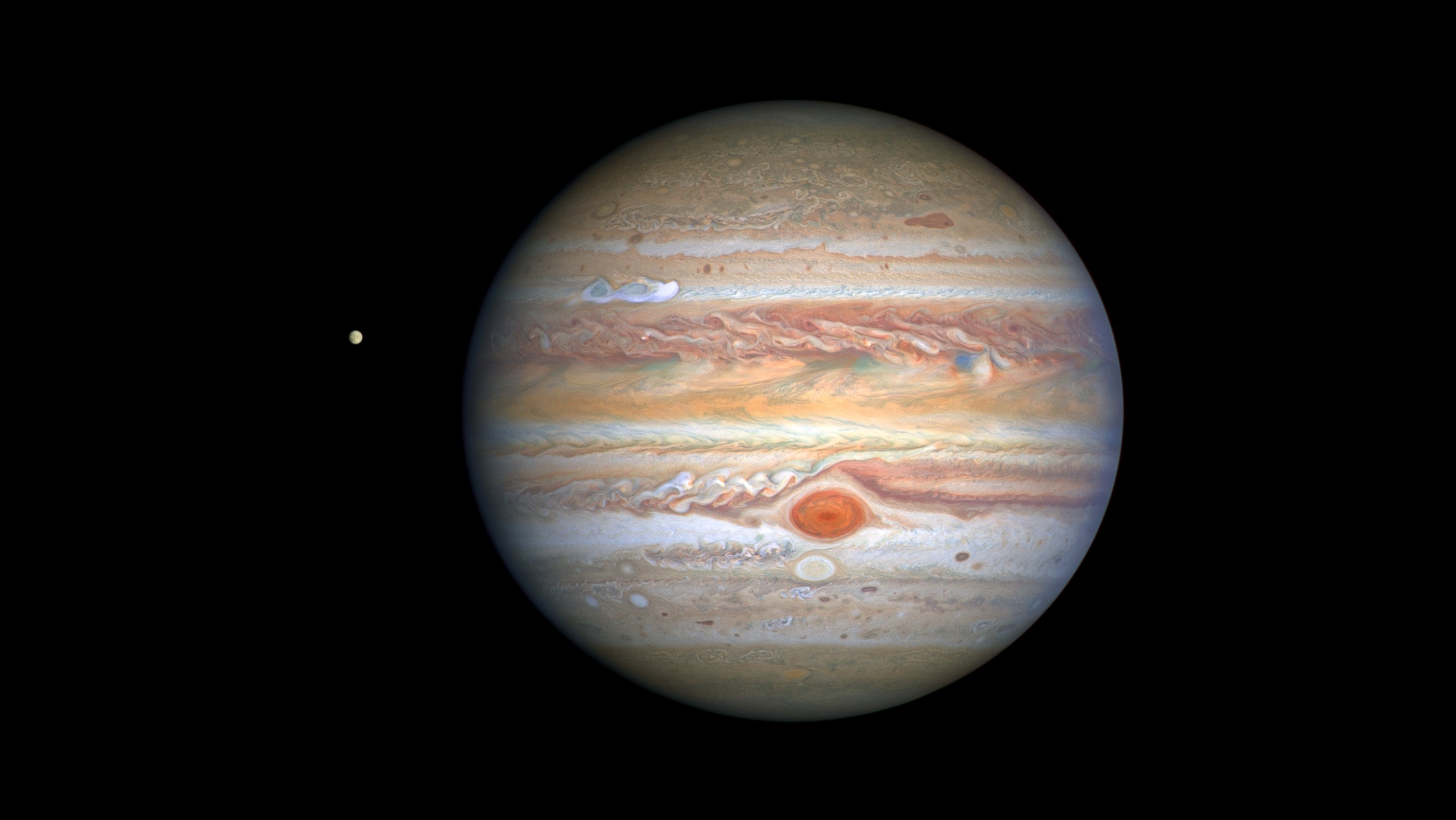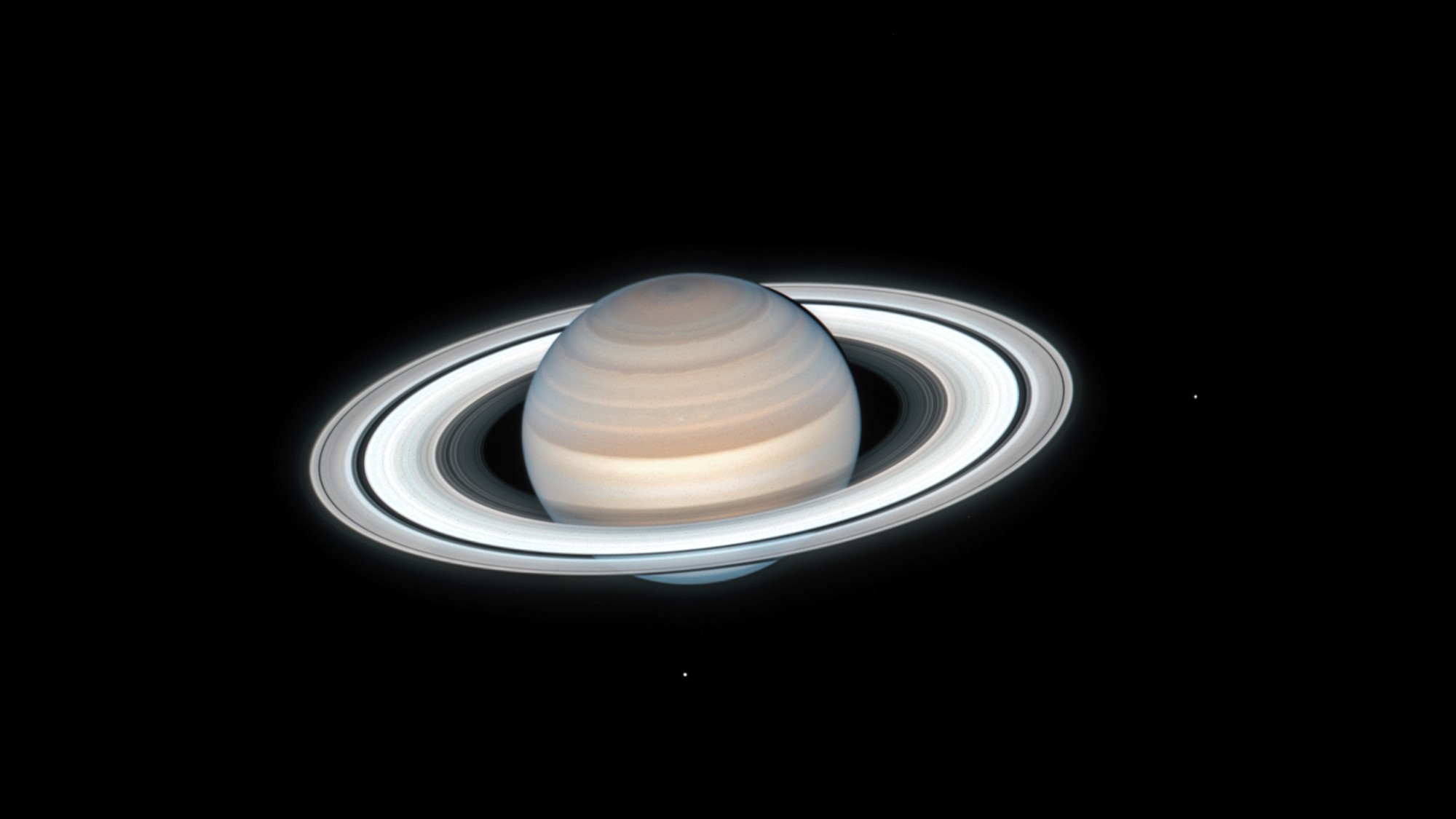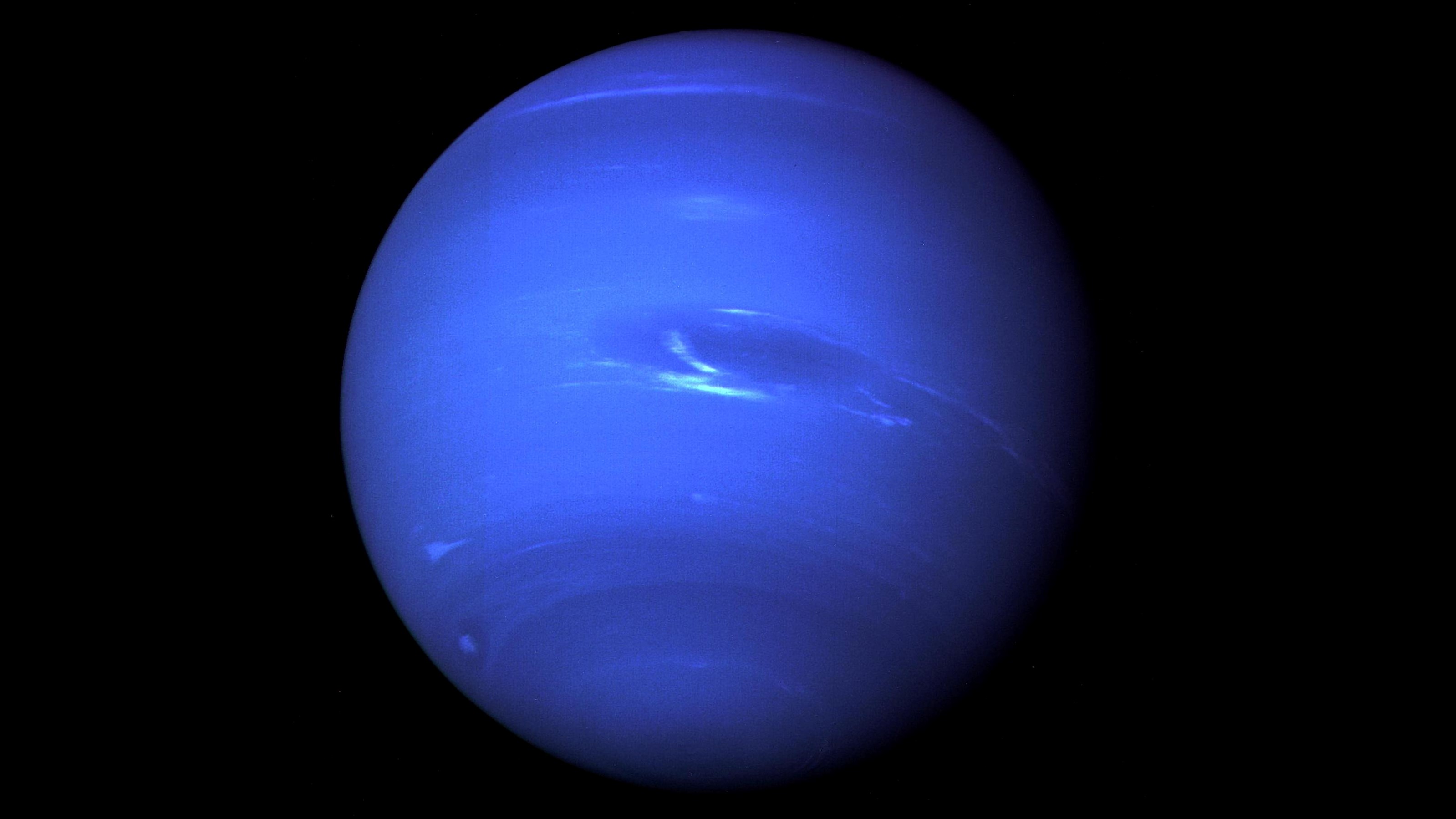
Solar System
The Sun
- • The Sun is over 4.5 billion years old.
- •The Sun is made from 74.9% Hydrogen;28.3% Helium and 2% of Carbon,Nitrogen,Oxygen,Iron and Neon
- •The surface temprature of the Sun is 5505°C
- •The Sun sums up to 99.86% mass of the entire Solar System.
- •The Sun generate a magnetic field which spreads throughout the solar system
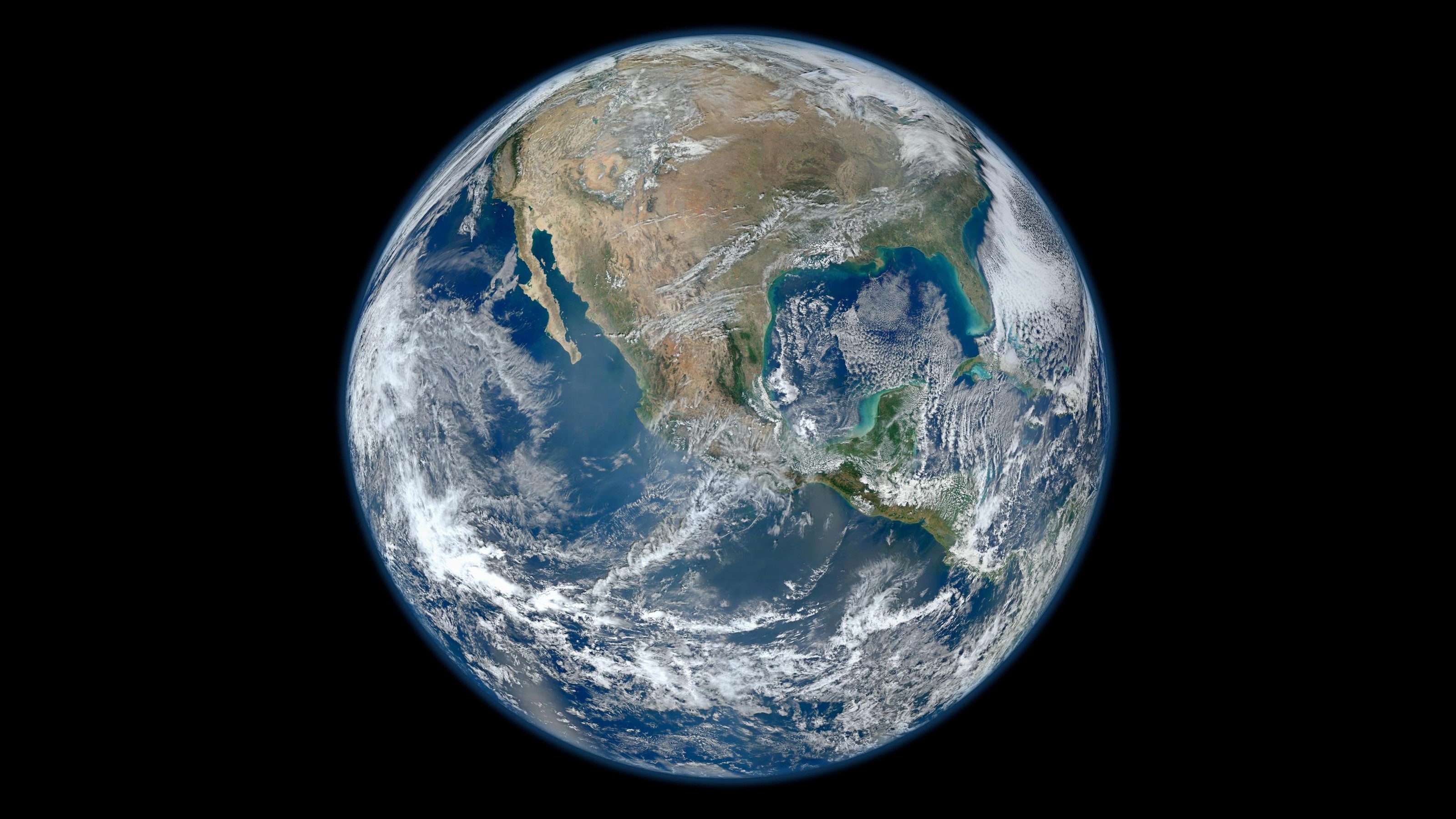
Solar System
The Earth
- • The Earth is over 4.543 billion years old.
- •The Earth is only planet we have found that contains life
- •There is 1% chance that Earth colliding with other planets
- •If you drilled a tunnel straight through the Earth and jumped in, it would take you exactly 42 minutes and 12 seconds to get to the other side.
- •We can see the Rainbow only on Earth
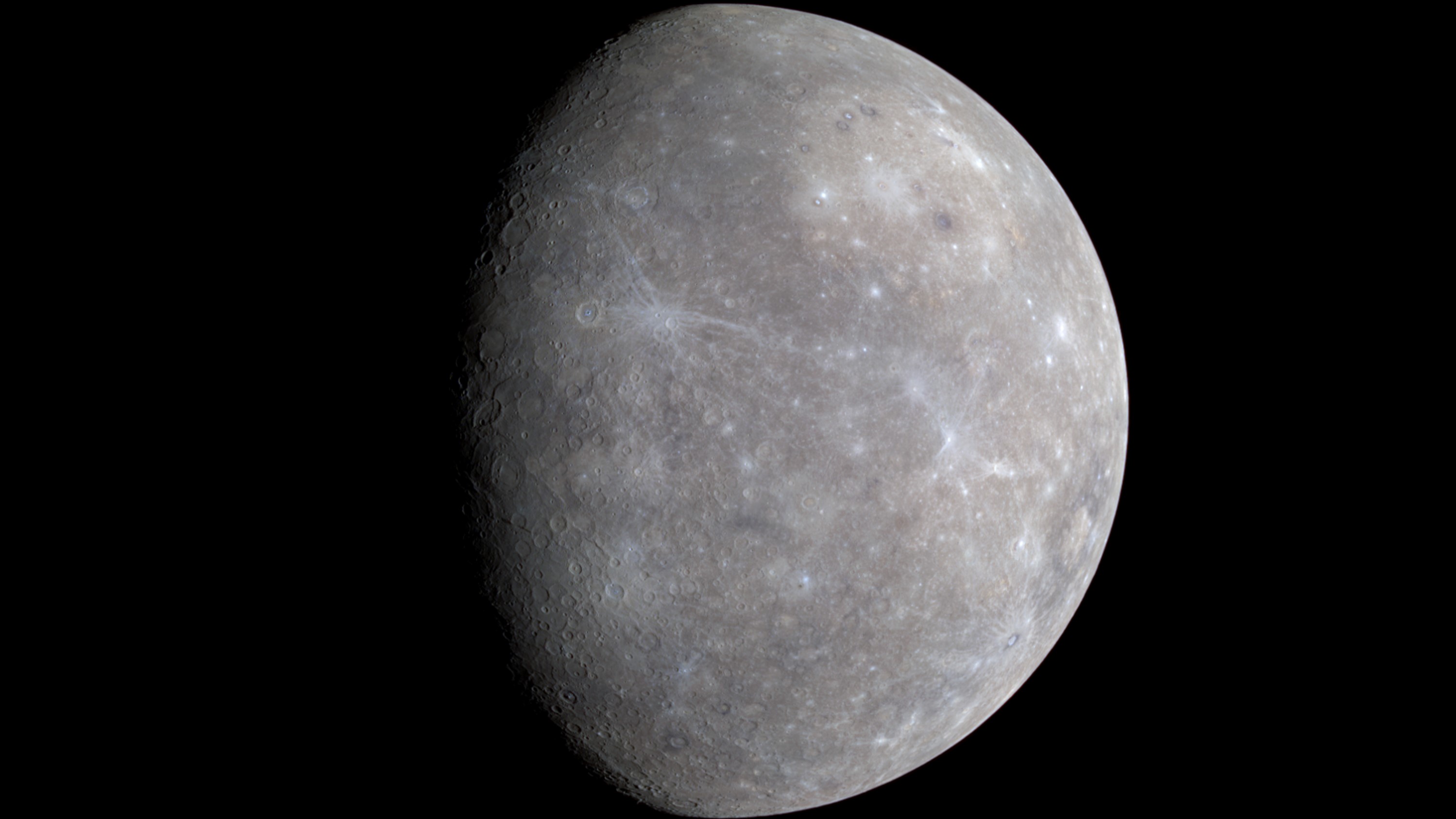
Solar System
The Mercury
- • The Mercury is over 4.503 billion years old.
- •Mercury is able to sustain ice at or near the surface due to its axis of rotation keeping polar areas in permanent shadow.
- •The Mercury does not have any moons or rings.
- •Mercury is very close to Sun and hence it is second hottest planet
- •Mercury orbits the sun in only 88 days. That is faster than any other planet
